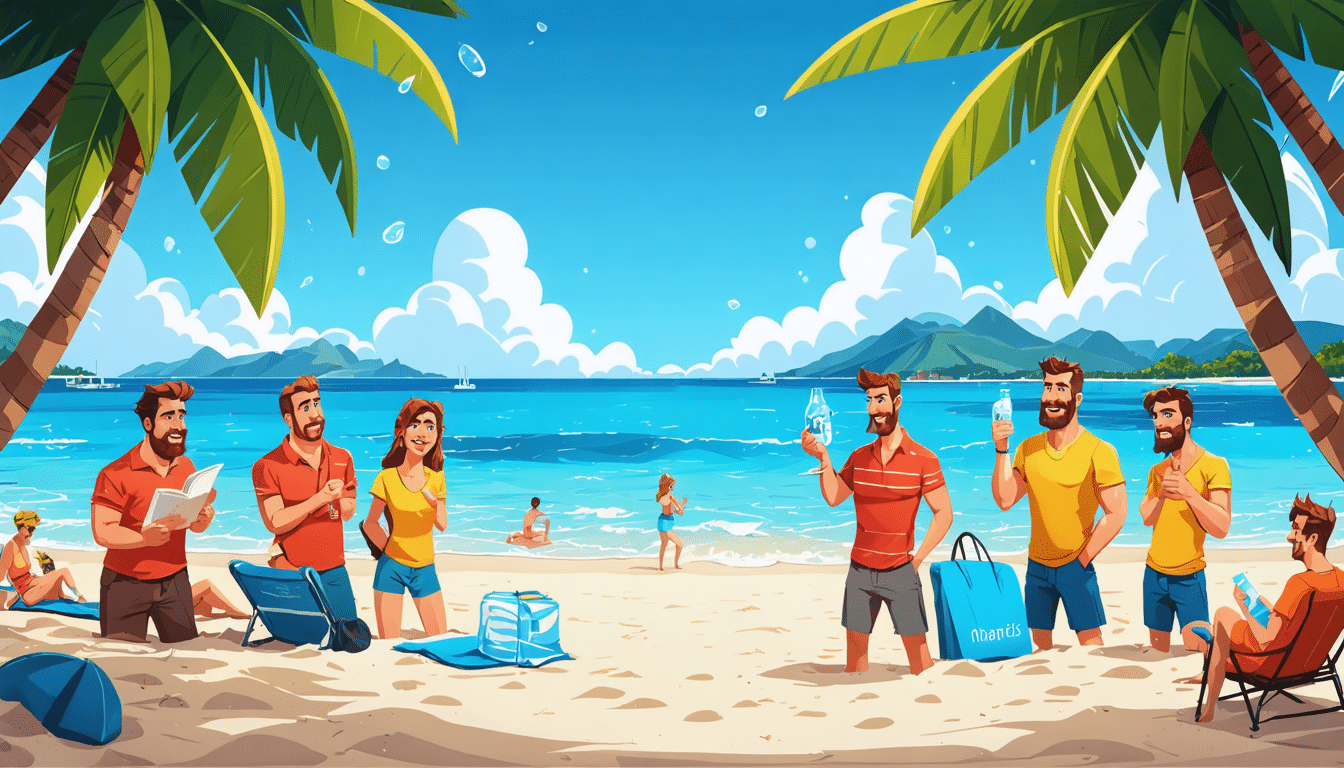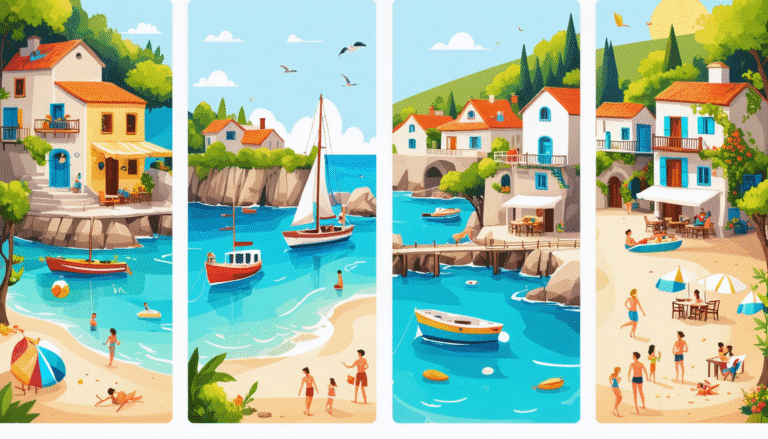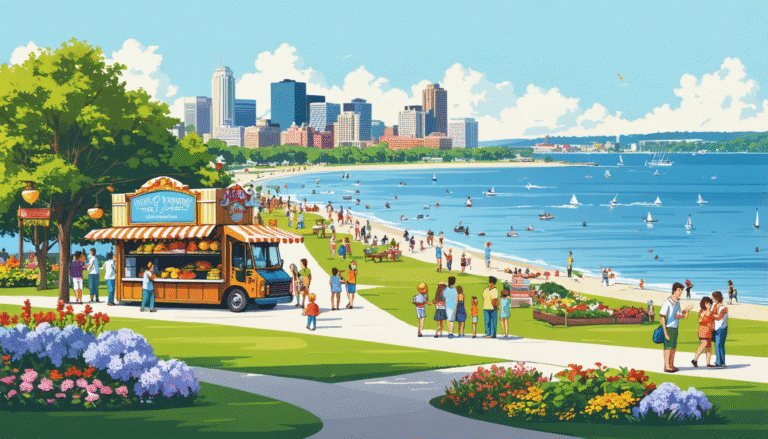At a time when Mauritius basks under the sun, a sense of disenchantment hovers among European visitors. Once a symbol of a seaside paradise, the pearl of the Indian Ocean now has to contend with sharp rivals and travelers in search of new experiences. Between a somewhat frozen luxury aesthetic, evolving expectations, and more inconsistent service, the reasons for this disaffection are as multiple as they are surprising…
Mauritius, once the archetype of the tropical dream for European travelers, sees its appeal waning in the face of rivals brimming with new offerings. Decreasing arrivals, renewed expectations, a quest for authenticity, and a thirst for reimagined luxury: these are all signals that shake the beautiful island and worry both hoteliers and institutions. But to better understand this emerging disaffection, we must dive into the details of the grievances of a demanding, connected, and unfaithful European clientele.
A tourism model in need of renewal
For a long time, Mauritius charmed with the promise of a wise luxury, marked by sunsets over the lagoon and the proverbial kindness of its inhabitants. However, the recipe is wearing thin. European travelers, eager for discovery, increasingly view the Mauritian offering as frozen in a golden past. The hotels, although renovated, struggle to compete with the innovative concepts blooming in Zanzibar, Seychelles, or Maldives, where the villa with a private pool or immersive sensory experiences are the norm, not the exception.
Luxury: a global race that is accelerating
In the tourism sector, high-end now means more than the size of a buffet or the whiteness of a bathrobe. Today, industry leaders are competing in creativity: spas that incorporate preventive medicine, local heritage and gastronomy, extreme personalization of experiences, and hotels committed to the regeneration of the local environment. The European client, exposed to such standards elsewhere, sometimes laments a perceived dated offering in Mauritius. The lack of modern villas, the rarity of ultra-personalized service, or the feeling of “déjà-vu” in the architecture leave the most demanding travelers wanting more.
A service that is losing its magic
Does the Mauritian legend of impeccable hospitality have some hiccups? Over the seasons, feedback from some European visitors points to an inconsistency in service, less warm or professional than in the past. The reason? Many young graduates in hospitality leave the island to seek their fortunes elsewhere, forcing hotels to recruit abroad. The result: the language barrier is sometimes overlooked, particularly for a francophone clientele still attached to this aspect, as mentioned in various online reviews or cited by industry professionals.
The effect of “too much beach, not enough adventure”
Mauritius suffers from a postcard image that no longer fully convinces. Europeans, increasingly fond of active travel, dream of adventure, hiking, and authenticity. While the offering is evolving, it remains discreet compared to communications focused on the lagoon and hotel relaxation. Those who want to go off the beaten path or experience a cultural escape sometimes look elsewhere, as evidenced by the renewed interest in Corsica, which is very active in diversifying its tourism offering (more information here).
Formidable regional competition
The dynamism of the Indian Ocean plays a key role in the relative disaffection of Europeans toward Mauritius. Zanzibar, Seychelles, Maldives: these destinations show impressive growth and a fresh energy to attract globe-trotters. They continuously reinvent their positioning, embracing a confidently presented local culture, a diversity of experiences, and a proactive welcoming policy, vividly illustrating the new global expectations (see recent trends here).
An international climate that is not always favorable
This commercial inertia is compounded by economic and contextual factors: a decline in long-haul flights, economic uncertainty, new visas, and administrative barriers complicating stays (learn more here). Moreover, the opening of Asian destinations and the extension of the ski season in Europe encourage travelers to postpone or diversify their holiday choices, to Mauritius’ detriment.
An urgent need for reinvention
The island understands the urgency to reinvent itself: hoteliers, institutions, and tour operators are actively working to diversify offerings and rethink the Mauritian narrative in the 21st century. The promotion of heritage, local cuisine, ecotourism, or even the addition of new sports such as padel testify to a transformation in progress, but to regain its luster among Europeans, the island will need to go much further. As other players have already understood elsewhere, the travel experience is anything but static and must resonate with the new desires of a global, ultra-connected audience seeking differentiation.
Signs of hope and promises of renewal
Despite these headwinds, some players are lifting their heads and shaking up the routine: young leaders, agile groups, establishments with differentiated concepts. Trends for the summer indicate a renewed interest, proving that Mauritius’ charm is not dead, but requires a new narrative, less fixed in the seaside image and bolder in the promise of modern, connected, and daringly Mauritian hospitality. To continue captivating, the island must demonstrate that it can offer what the new generation of travelers expects: unique experiences, innovation, and authenticity.
To delve deeper into how the perception of tourism is evolving elsewhere in the world, discover for example the phenomenon of tourism in Corsica or the growing enthusiasm for tourist weddings in America.











